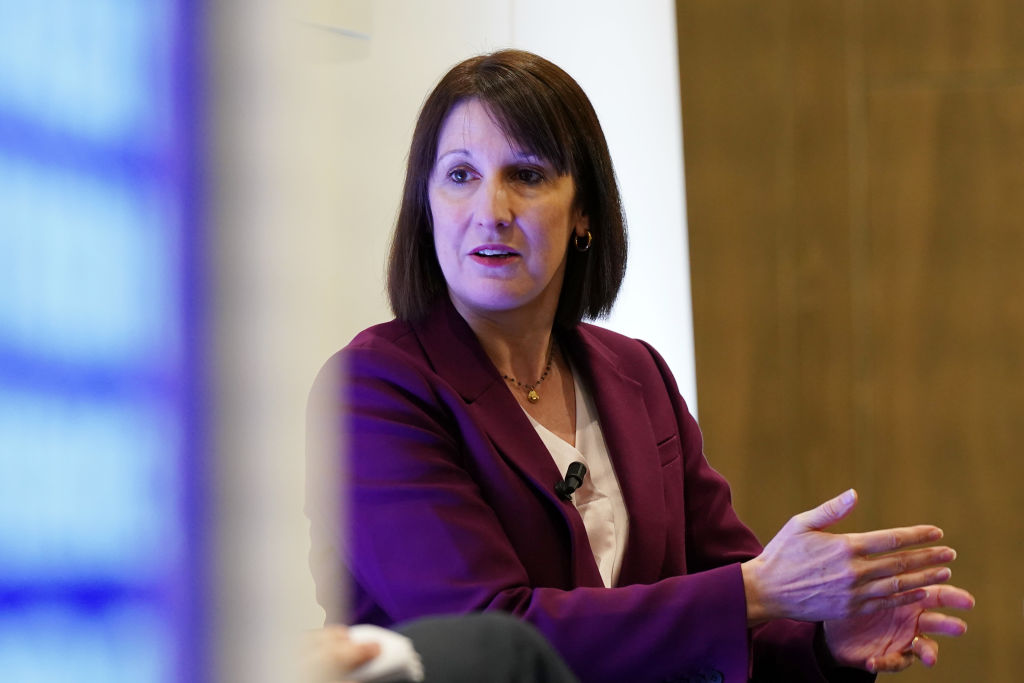Is the OECD doing Labour’s PR for it? I ask only because of its bullish prediction for UK economic growth in its latest economic outlook, published this morning, and the contrast with what it has been saying about Britain over the past few years.
An economy that was supposed to be hammered by Brexit has suddenly been transformed into one of which Rachel Reeves is able to say: ‘The OECD upgrade will mean the UK is the fastest growing European economy in the G7 over the next few years.’
The OECD has pencilled in growth of 0.9 per cent in 2024, followed by 1.7 per cent in 2025 and 1.3 per cent in 2026. The corresponding figures for Germany are zero, 0.7 per cent and 1.2 per cent, and for France 1.1 per cent, 0.9 per cent and 1.0 per cent.
This clashes somewhat with what the OECD was saying about Britain two years ago, when it predicted that the UK would suffer a recession in 2023, worse than any advanced economy and exceeded only by Russia. The OECD was also wrong about Russia, by the way, which it now expects to grow by 3.9 per cent this year – a figure of which the countries boycotting Russia in the hope of bringing it to its economic knees can only dream.
But it is the OECD’s back-pedalling on Brexit that really captures the eye. For years, it has been confidently predicting that Britain would crash and burn as a result of Brexit. But its latest assessment of Britain’s economy doesn’t even mention it. Rather, it just seems to be parroting Reeves, asserting: ‘Growing spending needs due to ageing and investment necessary to support the green transition call for tax reforms to strengthen revenue,’ and going on about other Labour policies such as saying: ‘More effort is needed to accelerate emissions reductions in residential housing.’
So, when Ed Miliband tells you that you will need to install a heat pump and pay thousands to upgrade the EPC rating of your home, he will be able to claim that he has the OECD on his side.
The OECD’s only slightly barbed remark about Britain is that the government needs to be ‘providing businesses with certainty regarding taxation’. That could be taken as mild criticism of the decision to spring a rise in employers’ National Insurance Contributions (NICs) on businesses at short notice – although it is not condemning the jobs-destroying tax rise itself.








Comments